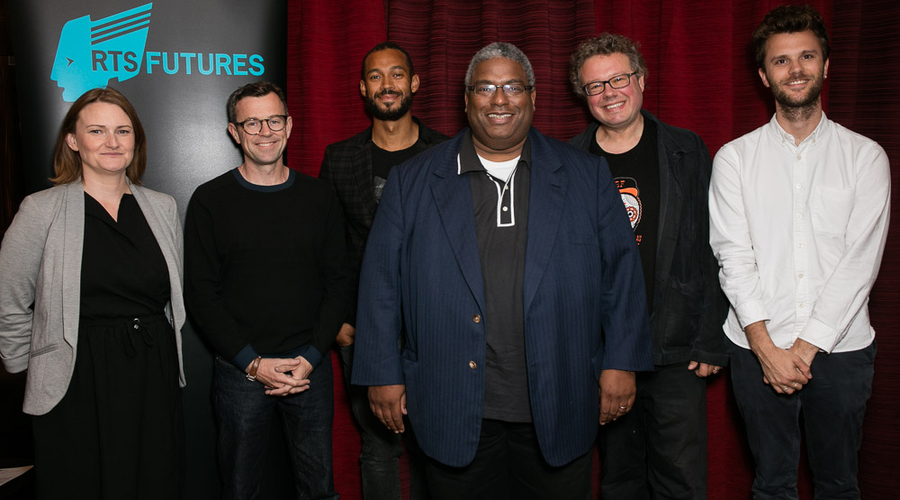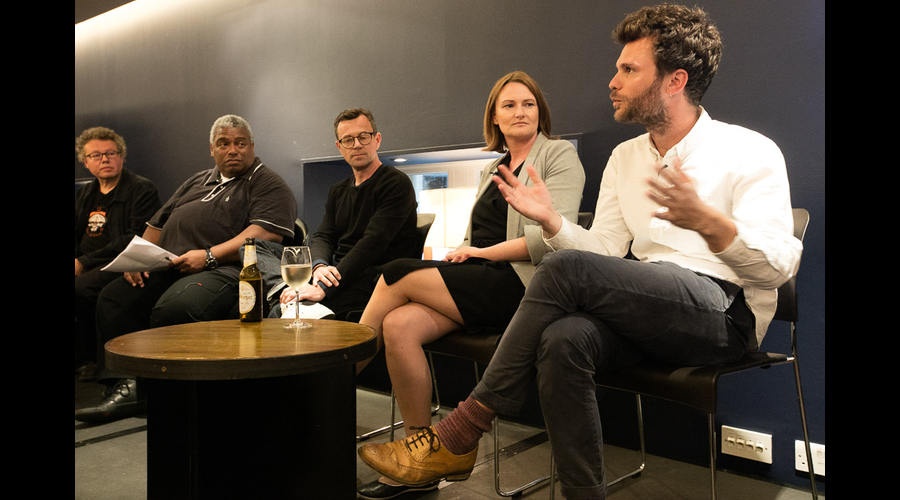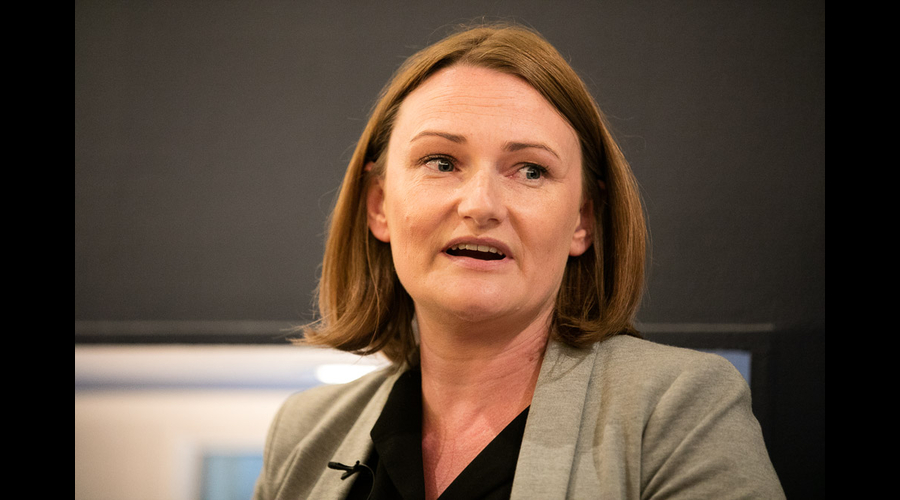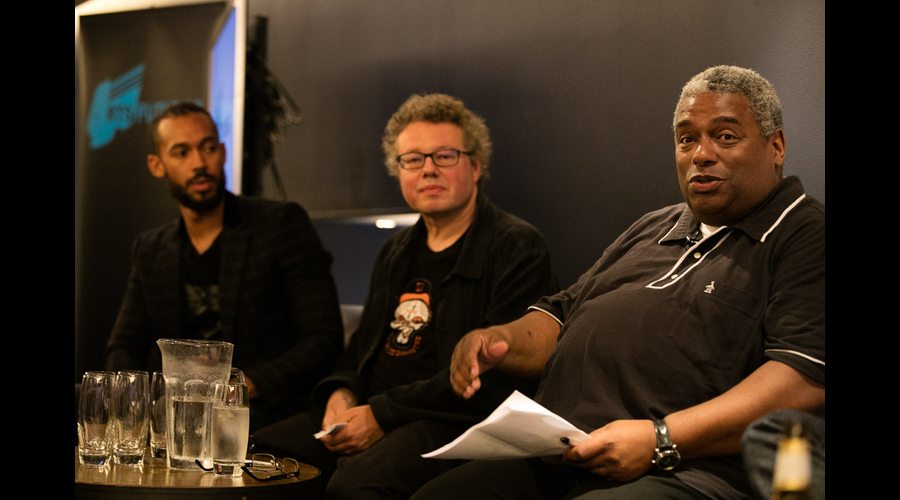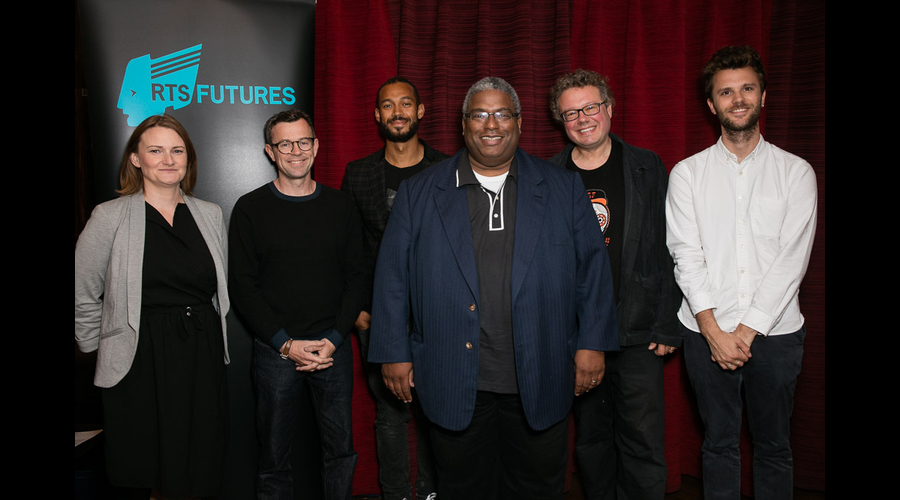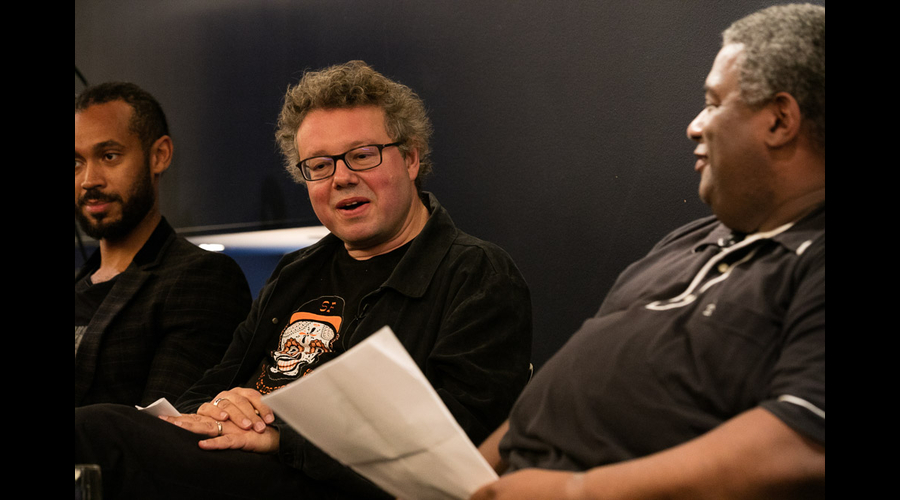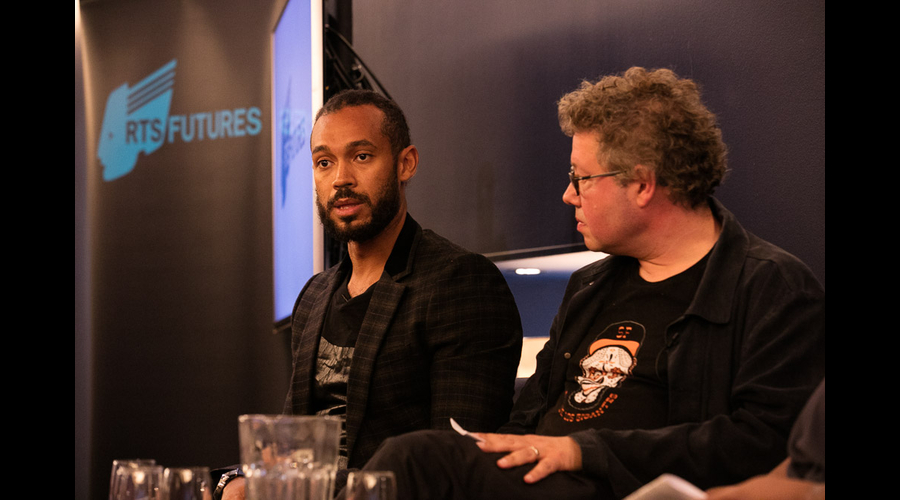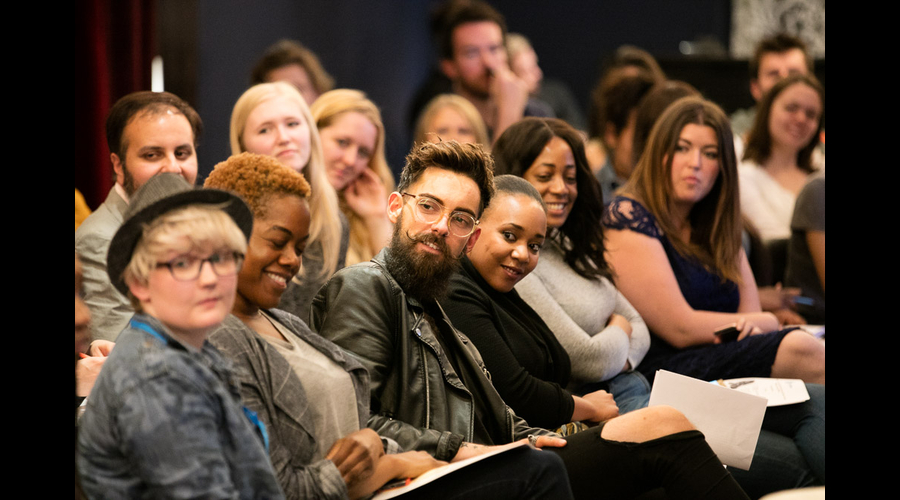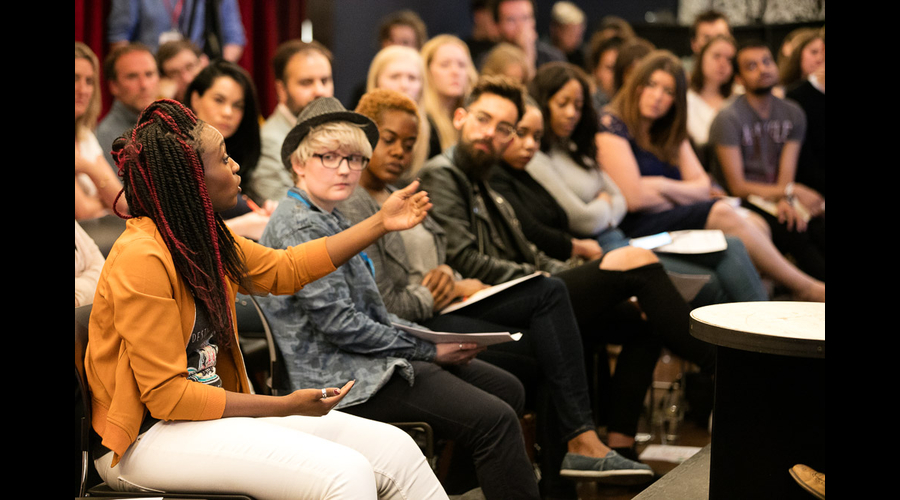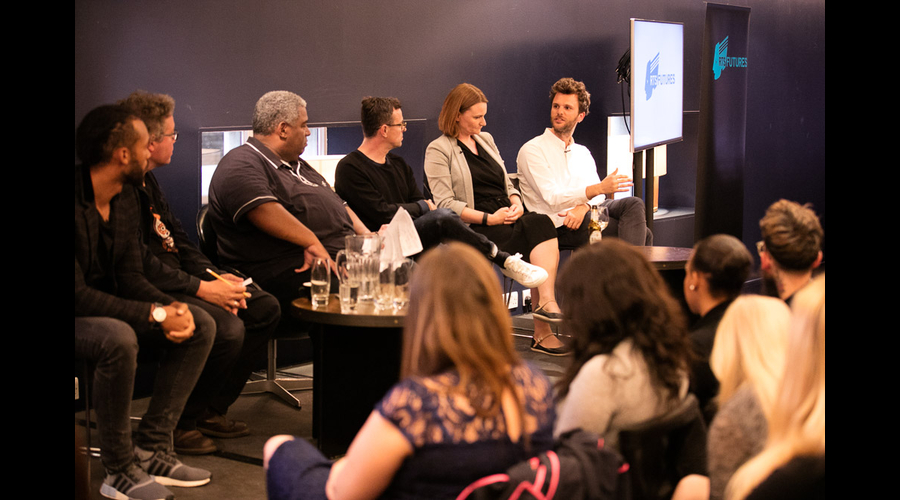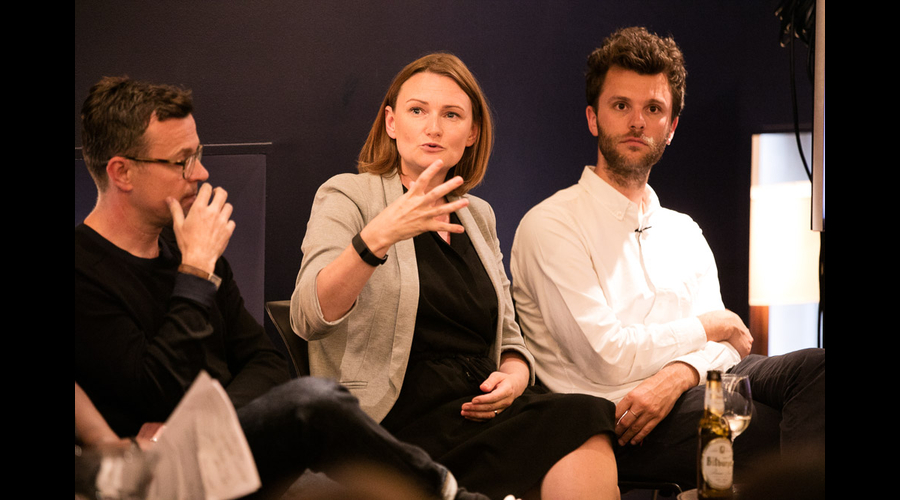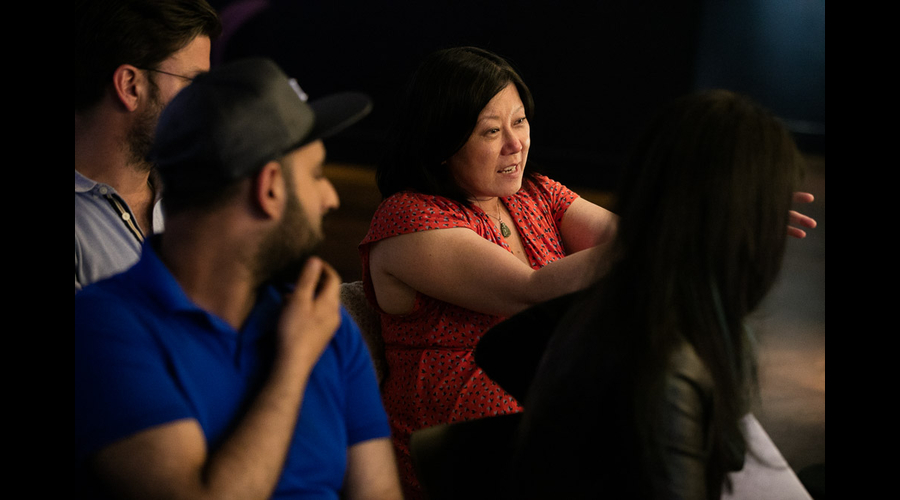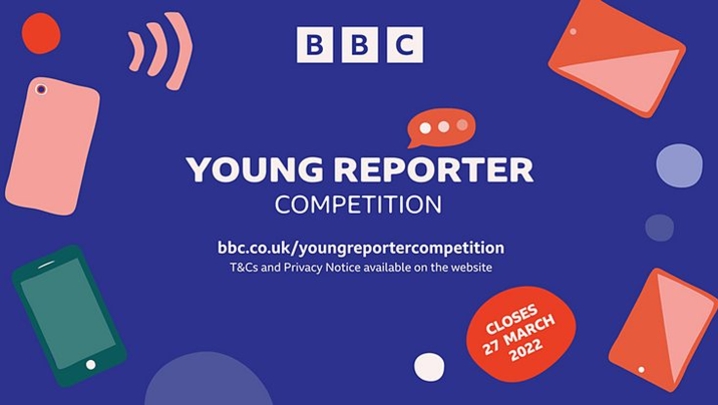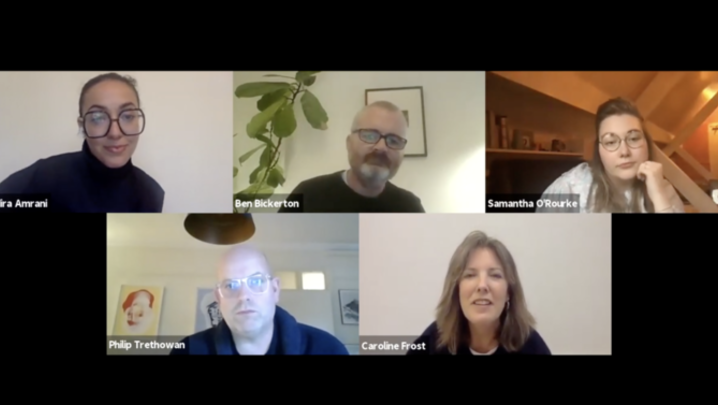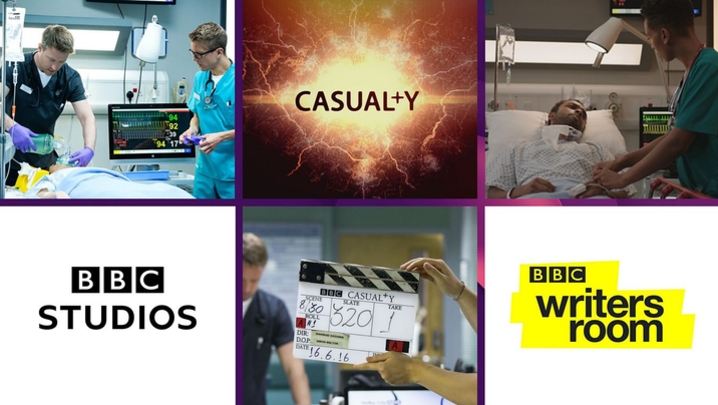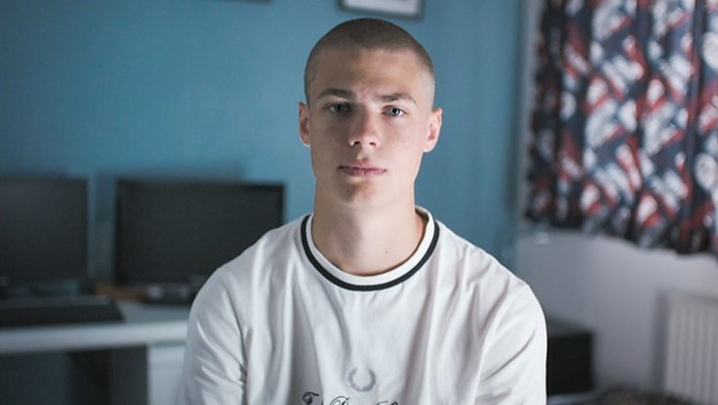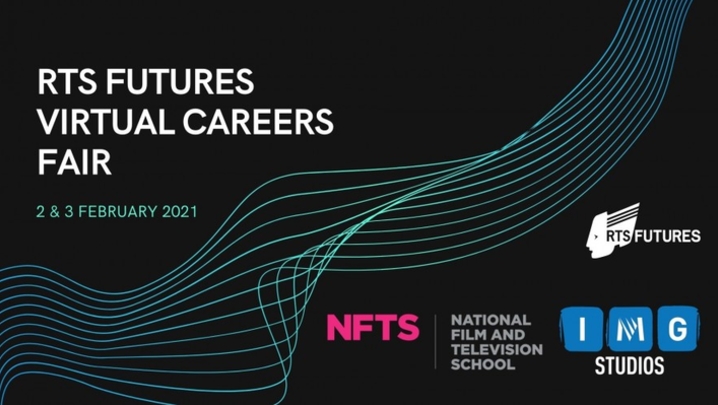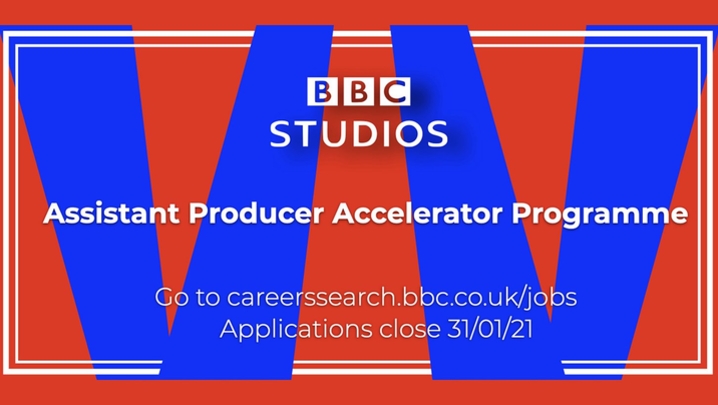Short-form content has come of age. That was the conclusion of an RTS Futures panel discussion, Size Matters: A provocative look at short-form content.
The wide-ranging debate heard how “everybody gets short-from now,” according to the night’s chair Pat Younge, co-founder and managing director of Sugar Films.
With most of the audience only prepared to sample online shorts (many people stop watching during the first 15-20 seconds) established TV players like Channel 4 have adopted a more rigorous approach.
“When we develop ideas, from the beginning we think about how we’re going to sell them…
“We think about a title that works on the platform and the kind of imagery that will represent the series,” explained Adam Gee, multiplatform and online video commissioning editor at Channel 4.
He added: “The statistic I am most proud of is that the completed viewing rate for the short-form video I’ve been commissioning for the last two years is over 90%. On YouTube that figure is south of 25%.”
Gee’s commissions include Drones in Forbidden Zones, The Black Lesbian Handbook, Oh Shit I’m 30! and Naked and Invisible.
Visit our Facebook page for more photos. All photos by Paul Hampartsoumian.
Little Dot Studios specialises in producing short-form video. Co-founder Andy Taylor said: “In the early days we were always experimenting, whereas today it’s actually happening.
“The money’s there, there’s IP you can licence…It’s an industry and it’s here now. It’s a brilliant time.”
Taylor’s eureka moment came during the launch of Big Brother back in 2000.
As managing director of Victoria Real he was present at the seminal moment when Channel 4 began live streaming from the Big Brother house.
He recalled how initially there was a reluctance for the show to embrace the online world.
It was feared that audiences would stop watching Big Brother on TV if it was available on the internet.
In hindsight it was clear the show’s digital presence would help market the reality behemoth.
“It was Baz [Peter Bazalgette] at Endemol who said ‘I think we should let everyone watch it online,’” said Taylor.
Disney-owned Maker Studios is a producer and distributor of short-form online content aimed squarely at millennials.
Kelly Sweeney, the company’s director of production and head of international, was asked if working in a more corporate environment was reining in her creativity.
She replied: “If anything it has enabled it. We have a fund to create our own IP so we can create content for our channels without someone having to commission it. That is the direct result of being part of a big organisation.”
Short-form video is integral to the online-only BBC Three, pointed out the channel’s content editor, Max Gogarty.
He said: “That’s one of the exciting things about what we’re now doing at BBC Three. We’re no longer wedded to a linear TV schedule. We don’t have to fill an hour or a half-hour.
“It’s massively liberating for producers. I’ve spoken to a lot of directors who’ve been working for BBC Three for a long time…They’ll tell me they can’t cut down a film to the required length and I say ‘That’s absolutely fine.’"
As for the vexed question of YouTube still being associated with videos of adolescent boys posing in their bedrooms, one of the panellists said the viewing figures spoke for themselves.
“Sometimes you’re working with ten million. We call them the cord cutting generation or generation Y,” said Randel Bryan, director of content and strategy at Endemol Shine Beyond.
“Advertisers can’t reach these people through traditional media. But they are watching YouTube. You have to find an authentic way to get to them.”
He added: “For a marketer surely one definition of quality is an audience leaving with a sense of satisfaction.”
Size Matters: A provocative look at short-form content was an RTS Futures Event held at London’s Hospital Club, July 4. The producer was Danielle Lauren, a producer at Sugar Films. A full report of the event will be published in the August edition of Television


